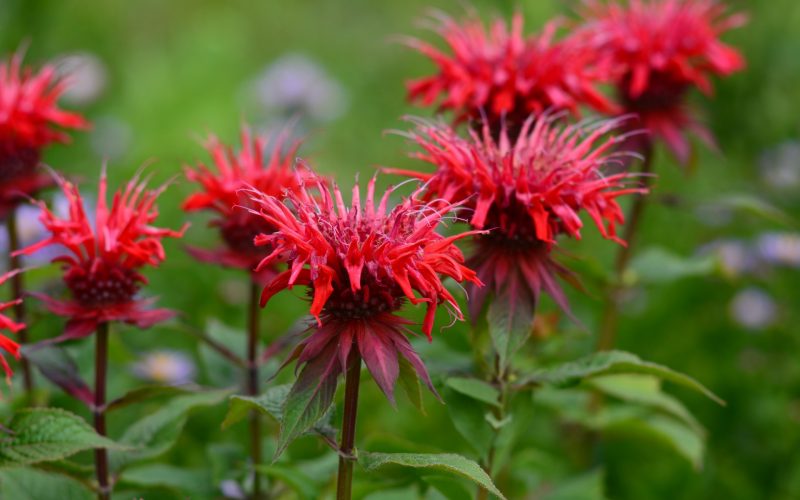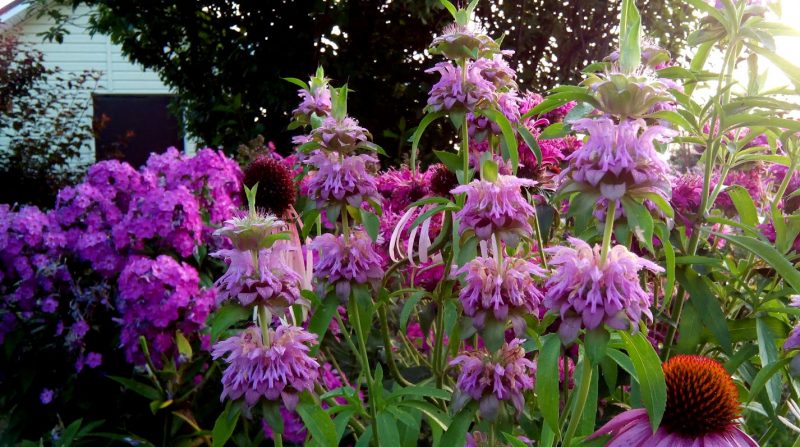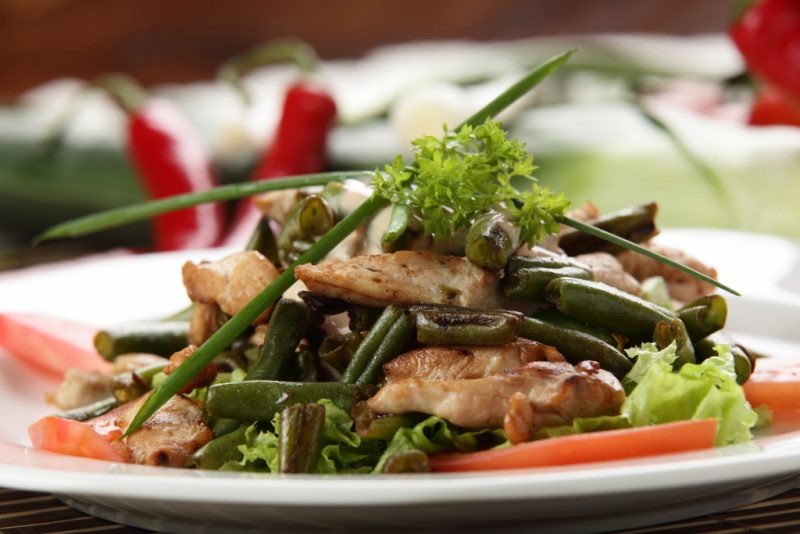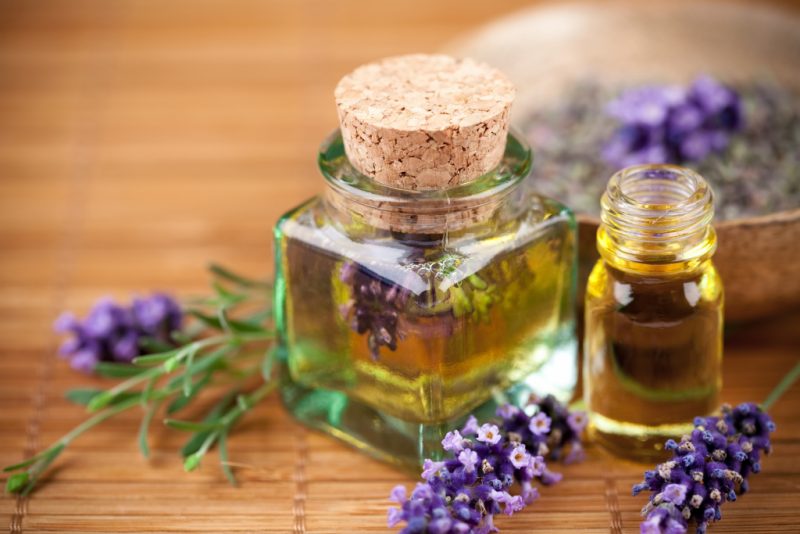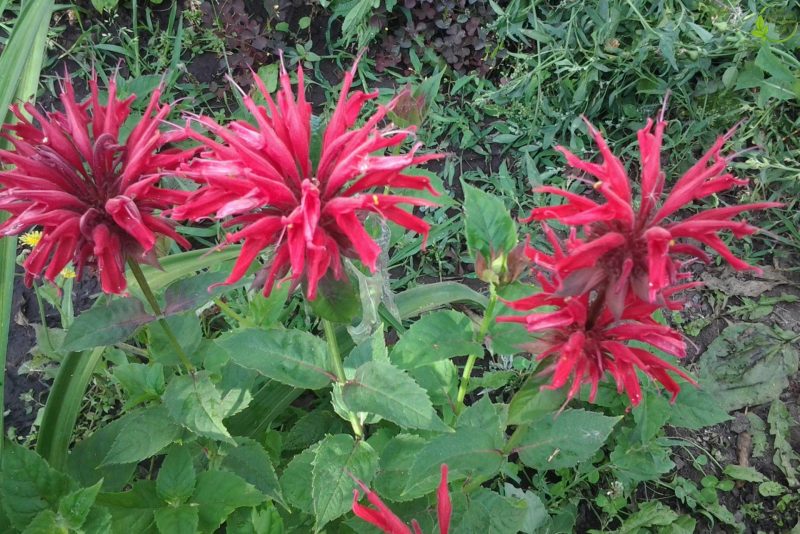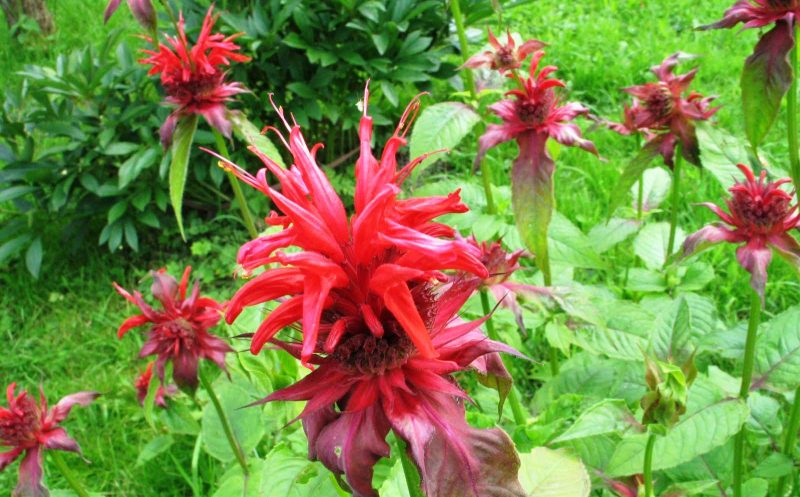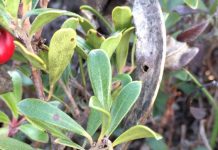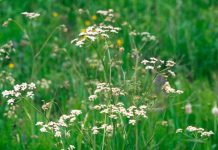Monarda is a perennial flowering plant that can be grown in the garden. It is used for decorative purposes, added to food, and medicines are also prepared from it. You can find monarda oil and dried raw materials on sale, and at home - make a decoction or infusion.
Material Content:
Monarda: healing and beneficial properties
Monarda, whose medicinal properties and contraindications are known including in official medicine, is a source of vitamins and natural essential oils that can react with the cells of the body.
A fresh plant and extract from it are useful and have several effects at the same time:
- relieve inflammation;
- stimulate cell regeneration; when applied externally, it renews the skin;
- destroy fungal microflora;
- eliminate pain of spasmodic origin;
- act as a blood preservative;
- protect from the harmful effects of free radicals, are a powerful antioxidant.
Monarda is a plant that can be used inside fresh. It is added to salads or seasonings are prepared from it for hot dishes. However, for therapeutic use, it is more useful to use rhizome oil or decoctions from dried raw materials.
Indications for use in medicine
In the chemical composition of monarda there is a natural antiseptic - thymol. Since many inflammatory processes are associated with the multiplication of bacterial or fungal microflora, the preparations of this plant have a complex effect and can be used for various diseases.
Monarda has found application in many pathologies:
- with sore throat, sore throat - as a rinse, quickly removes inflammation and destroys the infection;
- with food poisoning, vomiting, diarrhea, gently restores the gastrointestinal tract;
- for washing aseptic and purulent wounds;
- with conjunctivitis of bacterial and fungal origin in the form of lotions;
- in gynecology - as part of douching solutions;
- with anemia - to restore normal blood composition.
Monarda-based drugs also have antiparasitic effects. However, in its pure form, it is ineffective, therefore it is recommended to be taken in combination with other folk or pharmacy means. So, in combination with pumpkin seeds, you can cleanse the body of parasites in a short time. If herbal anthelmintic drugs do not work and you have to use stronger medicines, the monard will protect the liver and organs of the gastrointestinal tract from their harmful effects.
Use in cosmetology
The beneficial properties of monarda have become the reason for its wide popularity in cosmetology. Based on it, decoctions and infusions are prepared, and essential oils are added to complex herbal remedies for skin and hair. This plant will be most effective for treating acne and oily skin, as well as for rinsing hair.
In cosmetology, there are several ways to prepare:
- add a few drops of essential oil to 1 liter of water;
- pour dry raw materials with boiling water at the rate of 100 g per 1 liter and insist for several hours;
- infusion in combination with white or blue clay as a face mask.
Another problem, for the treatment of which monarda is used, is a foot fungus and dandruff (seborrhea). Both of these diseases are caused by a fungal infection, so you can cope with them only with drugs that have a fungicidal effect. The use of conventional moisturizers will not bring results, unlike oil and a decoction of monarda - a powerful natural antiseptic.
Read also:medicinal properties and contraindications of Schisandra chinensis
Cooking Application
The taste and aroma of fresh monarda has citrus notes. Greens can be consumed fresh, and also used as a dry seasoning in the cold season. Seasoning is suitable for meat dishes and hot salads. Also, parts of this plant are used for the manufacture of alcoholic beverages - liquors or vermouths.
Fresh monarda greens is an original ingredient for summer snacks and salads. It can also be chopped and used to make green borsch. Many also add it to fruit and berry cocktails, preserves, pastries. In winter, it is useful to make tea with dried monad leaves and lemon - this combination increases immunity and helps the body in the fight against seasonal immunodeficiencies.
The benefits of essential oil, infusion
Beneficial substances are found in all parts of the plant, including stems, leaves and flowers. They are used to make butter in an industrial way. In the process of obtaining it, the flowers are processed by steam distillation.
Monarda essential oil can be purchased at the pharmacy ready-made.
On sale there are oils made from different varieties of plants:
- ether monarda duodenum - the most common, has healing and antiseptic properties;
- lemon monarda oil - made from a variety with bright colors and pronounced lemon aroma;
- monarda point essential oil - it is also called horse mint;
- peppermint monarda extract - is rarely used, since in high doses it is toxic to humans.
Essential oils are not used in pure form. To achieve maximum effect, a few drops of this product per application are sufficient. In order to prevent allergies or chemical burns, esters are added to warm water (a couple of drops is enough for 1 liter).As part of cosmetics, they are combined with natural vegetable oils: olive, almond, coconut, jojoba and others.
Tincture of monad monarda is another way to extract all the beneficial substances from this plant. 100 g of dried ground raw materials are placed in a thermos and 1 liter of water is poured. The mixture should be infused for several hours under the lid, after which it can be added to the foot baths, rub your face, rinse your hair or take orally in small quantities. The infusion will turn out to be more concentrated if you leave it overnight and use it the next morning.
Procurement of raw materials from monarda
The birthplace of the plant is South America and the eastern part of North America. In Europe, it is grown in gardens and greenhouses, sometimes it can also be found wild-growing. The collection of raw materials occurs during the period of mass flowering of the plant. For this, only adult specimens that have managed to accumulate a large number of useful elements are suitable. The stem is cut at a level of 20-30 cm from the ground. Then the flower is crushed together with shoots, leaves and flowers, dried in the sun and stored together with other spices in a dry, dark room.
Contraindications and possible harm
Monarda-based drugs have contraindications. They are mainly associated with the presence in the chemical composition of thymol, a strong allergen. If skin contact, swelling of the mucous membranes occurs upon contact with the plant, nosebleeds occur - taking it for medicinal purposes can be dangerous.
In addition, there are a number of other contraindications related to the effect of the plant on the human body:
- period of pregnancy and breastfeeding;
- high blood pressure;
- gastrointestinal ulcer;
- renal or liver failure.


